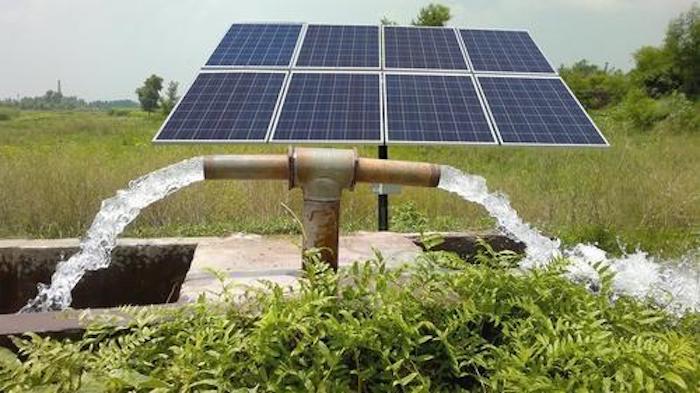Africa would need to arrange for an additional 2,354GW of renewable generation by 2050 in order to meet decarbonisation commitments as well as to bridge the energy poverty gap,a new report by PWC has said
The report said,this is an increase of nearly forty times the current installed renewables capacity of 59GW. Therefore, estimated to cost Africa roughly $2.6 trillion, which is approximately the current size of Africa’s gross domestic product (GDP).
It enumerates various factors contributing to a rapidly changing global landscape including climate change policy pressure, geo-political tensions such as the Ukraine conflict, societal changes triggered by the COVID-19 pandemic and a greater awareness of planetary boundaries and social justice.
The report also states that there is an increment in potential investment and foreign earnings from the export fossil fuels, predominantly with natural gas. Furthermore, the continent also has high-quality renewable resources across solar, wind, geothermal and hydro.
PwC researchers also put emphasis on statistics showing that, despite the quality of Africa’s renewable resources, it still has less than 1% of global installed solar photovoltaic (PV) capacity as an example.
If Africa is left to self-fund and forced to forfeit its fossil fuel endowment, solving energy poverty and transitioning to green energy will become unaffordable.
This is according to the PwC’s Africa Energy, Utilities and Resources Leader, Andries Rossouw. He suggests that the developed world needs to support Africa’s energy growth as part of its just transition commitment.
To turn the tide on the continent’s energy poverty and achieve a just energy transition, Rossouw says that a significant increase in energy sector investment is required. “If these investments can harness the abundant, quality renewable resources, enabled by strong local policy and sector reform, then Africa will attract large-scale international support and sustainably transition to become globally competitive, meeting both the needs of the planet and its people.”

